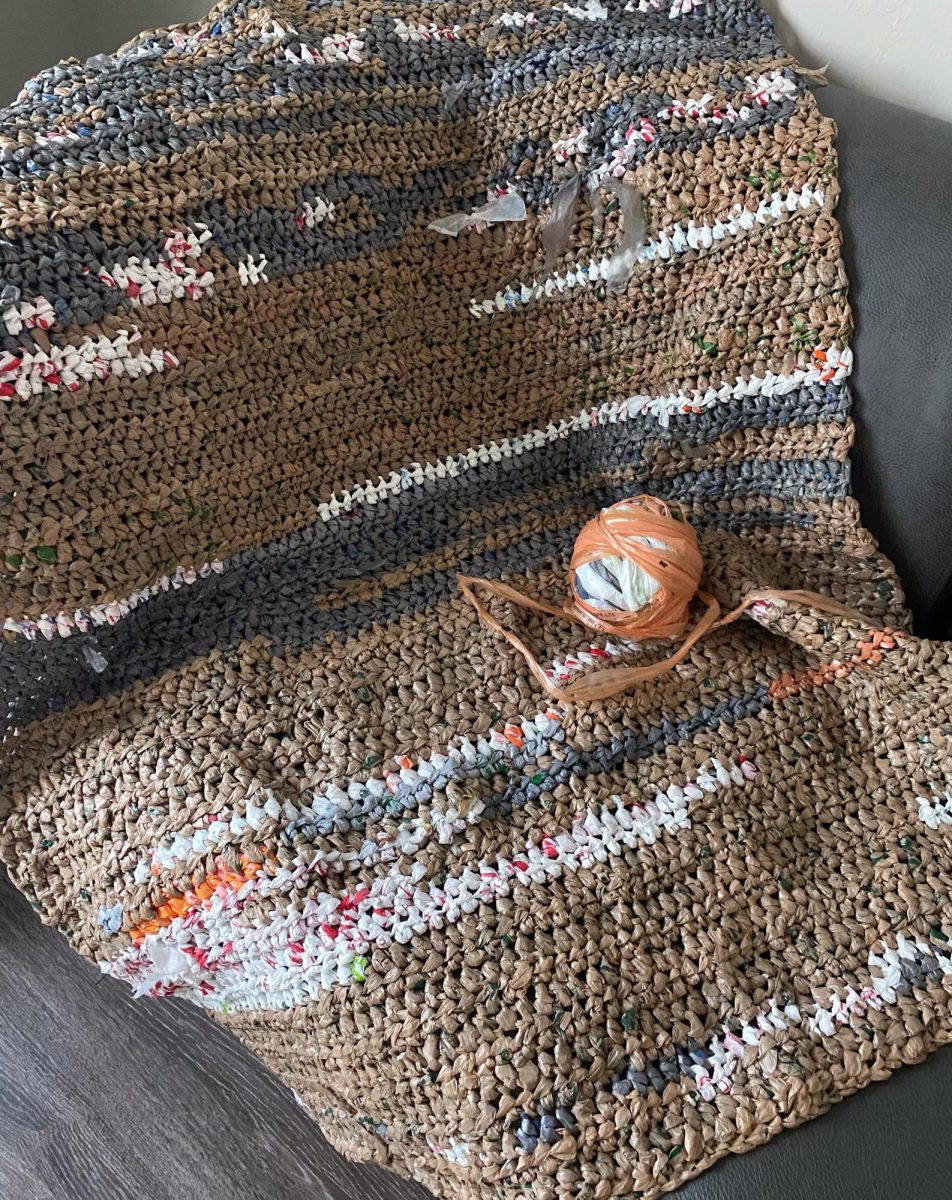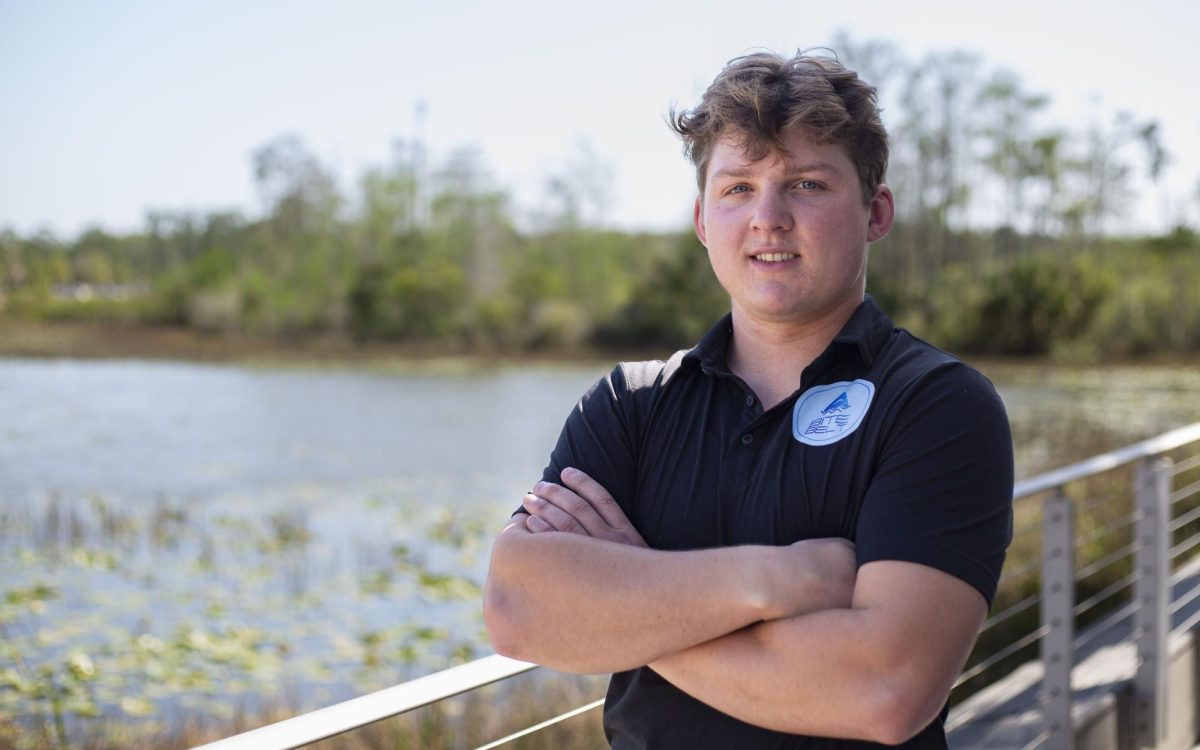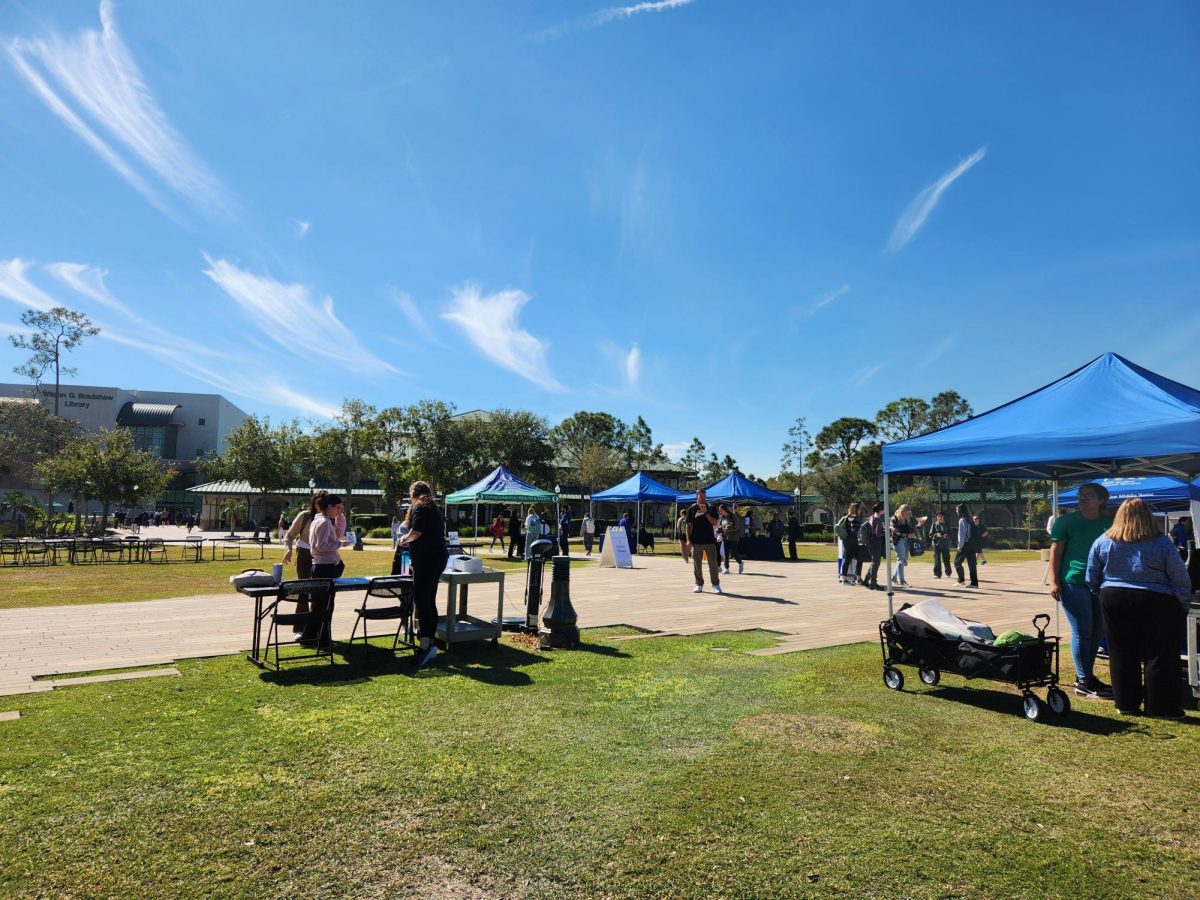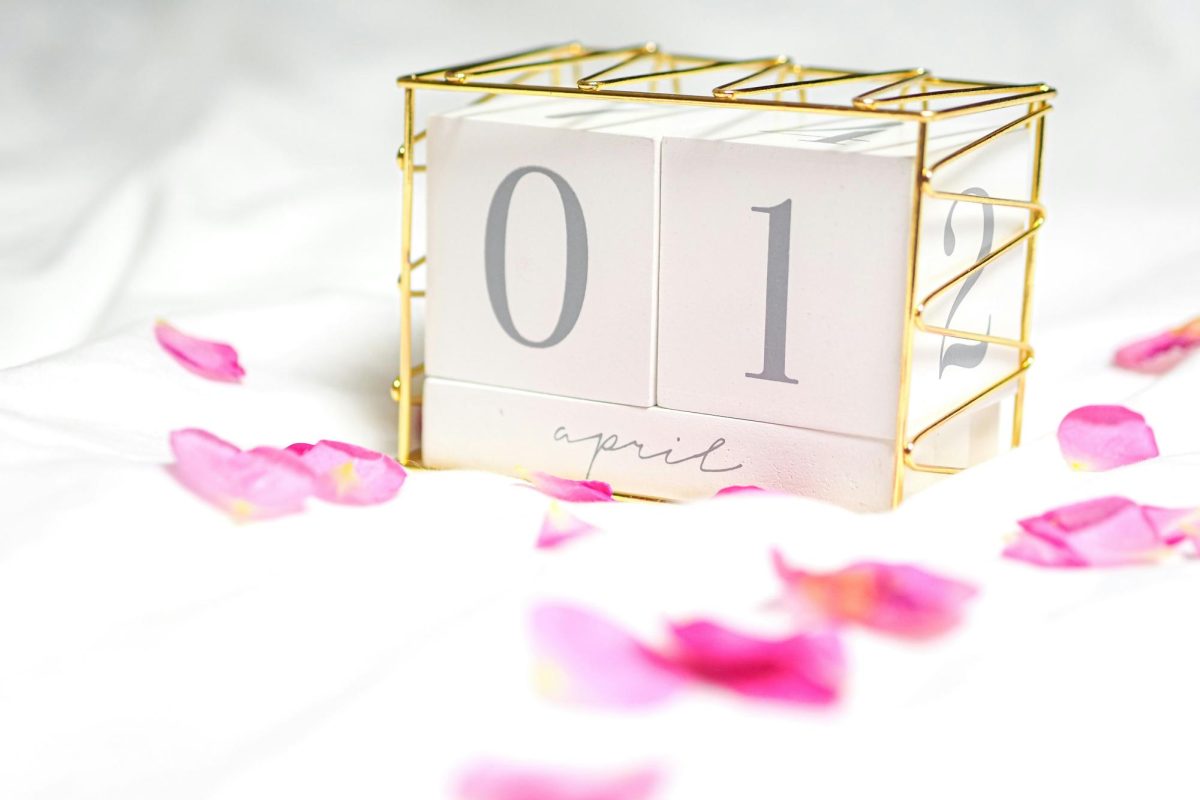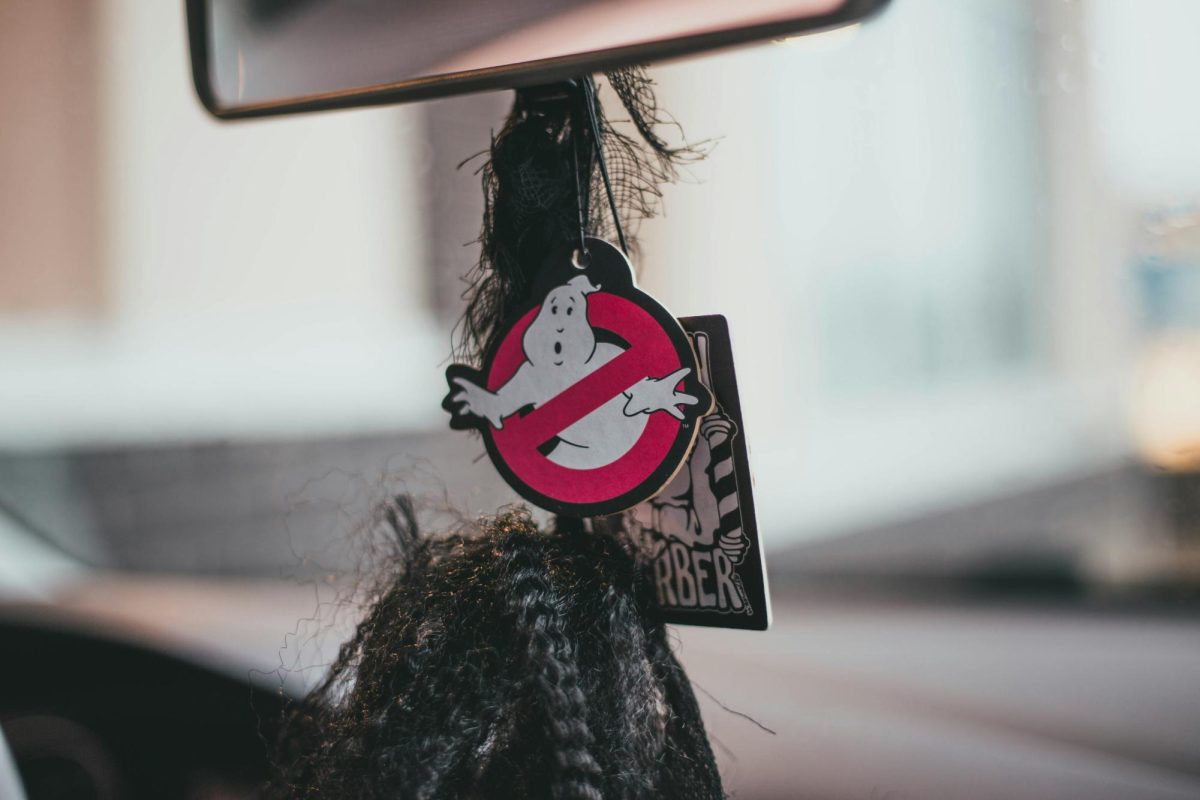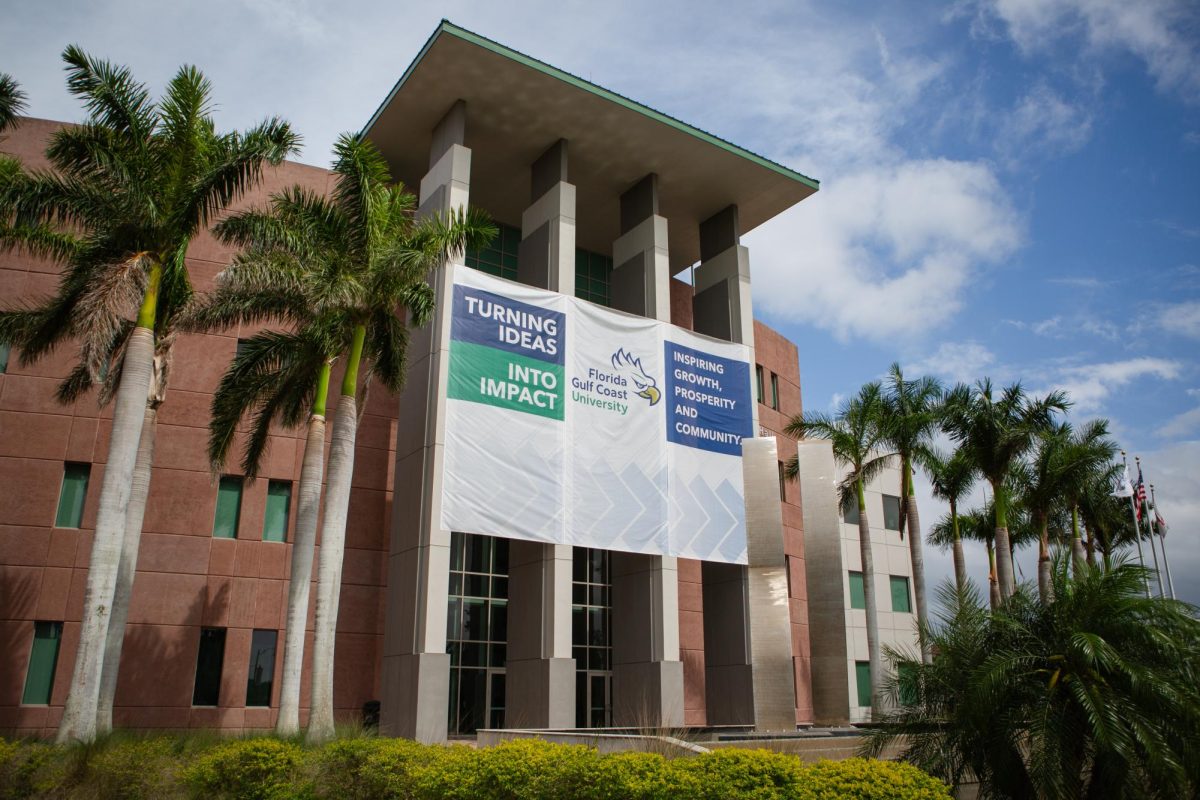What do you know about composting? Maybe this topic doesn’t sound so exciting to you but give me a chance to change your mind.
Let me paint a picture for you, of two giant piles of Reese’s cups side by side in your living room. One pile has paper, potato peels, old fruit, and dirt mixed into it and the other is identical except for some of Reese’s cups are still in the package, and the fruit is in plastic containers. One of these resembles a proper compost and the other a landfill. You can probably guess which one is which but why does it matter?
The problem with the second pile is that it will never become something useful and on top of that, it will have an overall net adverse effect on the air quality of your living room simply because it is chemically imbalanced.
Let me paint a picture for you, of two giant piles of Reese’s cups side by side in your living room. One pile has paper, potato peels, old fruit, and dirt mixed into it and the other is identical except for some of Reese’s cups are still in the package, and the fruit is in plastic containers. One of these resembles a proper compost and the other a landfill. You can probably guess which one is which but why does it matter?
The problem with the second pile is that it will never become something useful and on top of that, it will have an overall net adverse effect on the air quality of your living room simply because it is chemically imbalanced.
See, both piles will begin to rot and decay, but because the second pile has plastic in it, the rotting and decaying will not come full circle. When the fruit, the Reese’s, or the potatoes rot, they ooze out gas and that gas reacts with air to create carbon dioxide (CO2). Because the plastic does not decompose, it will act as a barrier preventing the gas from escaping the pile, and because the gas can’t escape the pile, it can’t react with air and will instead turn into methane, which is far worse than carbon dioxide.
Yes, excess carbon dioxide is not good, and you’ve probably heard it is the cause of many of the issues affecting our climate. The reason why methane is even worse is that it has no oxygen and thus poses a direct threat to you. Since methane has no oxygen, when you breathe it you will not get all the oxygen that you need.
Also, there are more benefits for dealing with carbon dioxide than there is for methane since plants d breathe carbon dioxide and breathe out oxygen. Actually, here is a field of study all about this called bioremediation.
Yes, excess carbon dioxide is not good, and you’ve probably heard it is the cause of many of the issues affecting our climate. The reason why methane is even worse is that it has no oxygen and thus poses a direct threat to you. Since methane has no oxygen, when you breathe it you will not get all the oxygen that you need.
Also, there are more benefits for dealing with carbon dioxide than there is for methane since plants d breathe carbon dioxide and breathe out oxygen. Actually, here is a field of study all about this called bioremediation.
Now imagine your two Reese’s piles again. After two months, the first one is dirt, and the second one is creating problems in your air quality. What can you do to make the air better? There’s not much you can do about the methane produced by the second pile, just like there’s not much you can do after a bartender has already diluted your drink with water.
However, what you can do is order a nine percent bottle that way you know what you’re getting. Just like concentrated alcohol has a fantastic quality of getting you drunk fast and making you forget that sneaky bartender (it’s not his fault it’s the corporation), plants have an amazing quality of creating ten times more oxygen than they breathe in. In our messy living room situation, you can plant some plants in pile one and pile two won’t be such a problem. The good thing about composting is that it’s easy. You’ve probably figured that it’s just like recycling but for things that rot… and most things rot.
A good place to start is with a bucket that has a lid. Treat that bucket as a trash can but don’t put any plastic, metal, or questionable synthetic materials in it. I collect mine in a bucket and if I don’t have time to dump it outside I put it in a bag in the freezer in the meantime so I can keep using my bucket. I have a separate can for paper since I usually have a lot of it and it’s not going to stink up the apartment.
However, what you can do is order a nine percent bottle that way you know what you’re getting. Just like concentrated alcohol has a fantastic quality of getting you drunk fast and making you forget that sneaky bartender (it’s not his fault it’s the corporation), plants have an amazing quality of creating ten times more oxygen than they breathe in. In our messy living room situation, you can plant some plants in pile one and pile two won’t be such a problem. The good thing about composting is that it’s easy. You’ve probably figured that it’s just like recycling but for things that rot… and most things rot.
A good place to start is with a bucket that has a lid. Treat that bucket as a trash can but don’t put any plastic, metal, or questionable synthetic materials in it. I collect mine in a bucket and if I don’t have time to dump it outside I put it in a bag in the freezer in the meantime so I can keep using my bucket. I have a separate can for paper since I usually have a lot of it and it’s not going to stink up the apartment.
Once my freezer and bucket are both full I dump it all outside; first laying down the paper, then pouring everything else and then covering it with dirt. The dirt part is necessary so that nothing will blow away; no animal will disturb the pile, and of course so that the pile will proportionately decompose.
Repeat this process over the same pile each time you take out your compost.
When I first began composting regularly, I used the space next to the Food Forest as a dump spot. I started it a few months before summer came and dumped about ten times. I left for summer, and when I came back, it had turned into dirt. I only dump there occasionally now that I have a backyard, but it still serves as a community compost for friends who don’t.
I hope you now see why composting is so important and how it can be beneficial to you if you did not before. When you begin composting, you will see that it’s just like taking out the trash. It’s easy. Not only that but I guarantee you will feel rewarded when you start to notice your pile turning into dirt, just like I have.
When I first began composting regularly, I used the space next to the Food Forest as a dump spot. I started it a few months before summer came and dumped about ten times. I left for summer, and when I came back, it had turned into dirt. I only dump there occasionally now that I have a backyard, but it still serves as a community compost for friends who don’t.
I hope you now see why composting is so important and how it can be beneficial to you if you did not before. When you begin composting, you will see that it’s just like taking out the trash. It’s easy. Not only that but I guarantee you will feel rewarded when you start to notice your pile turning into dirt, just like I have.
Story continues below advertisement




